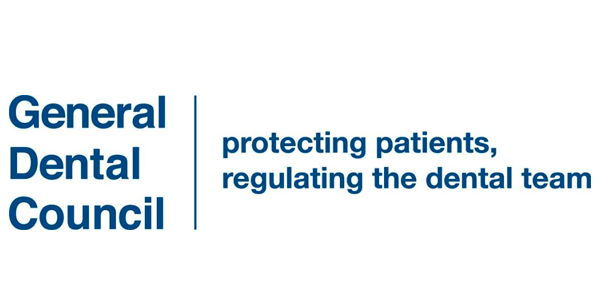With Easter fast approaching, an onslaught of chocolate no doubt awaits millions of kids throughout the UK.
Keeping an eye on how much our children indulge in courtesy of the Easter bunny can be a tricky one, so we thought we should step in to offer some insider advice to make sure their oral health doesn’t suffer at this time of year.
Ewan Bramley Dental Care, a leading private dentist near Newcastle, wants to make Easter a treat for everyone.
So, let’s take a look at the fact about children’s diets and their teeth…
Did you know that?
- The UK is safely in the top five for chocolate consumption in Europe?
- Dark chocolate that has a high level of cocoa actually has some oral health benefits?
- When it comes to making 16-24 year-olds smile, chocolate is the most likely food to do just that?
- The dreaded tooth decay affects almost a third of kids when they begin their schooling life?
How should I protect my child’s teeth this Easter?
Remember this for starters, it’s not how many Easter eggs they eat, it’s how often they’re consumed that affects the possibilities of tooth decay.
When our little monsters enjoy something sugary, teeth are attacked for around an hour.
The sugar present within Easter eggs produces acid as a result of the bacteria that builds. It’s this acid that will attack the enamel of a tooth which can lead to decay.
Also, the types of Easter eggs they enjoy can also be an issue. Those that contain caramel, for example, would be more damaging than a normal chocolate egg. Remember, if you’re worried about this, moderation is key and sugar-free eggs are available to buy nowadays.
Ewan Bramley’s Top Five Tips For A Healthy Easter!
- Make sure Easter eggs and sugary treats are only eaten at mealtimes.
- Children shouldn’t eat their eggs an hour before they go to bed.
- Keep an eye on their chocolate intake. Small pieces are key as they won’t stay in their mouths for an extended period of time.
- Having a glass of water after they’ve eaten is by far the best drink to give them.
- If your child does have a sweet tooth, which of course many do, consider giving them sugar-free sweets. They contain something called Xylitol, which is known to help prevent decay.
Speaking ahead of Easter, Dr Ewan Bramley explains: “Sugar is a big topic at the moment, and we think this is a great time for parents to educate their children about its dangers.
“They really shouldn’t be snacking on them so make sure Easter egg consumption is left for mealtimes. Tooth Decay is completely preventable and this time of year is the ideal time to let them know how things are enjoyed responsibly.”






